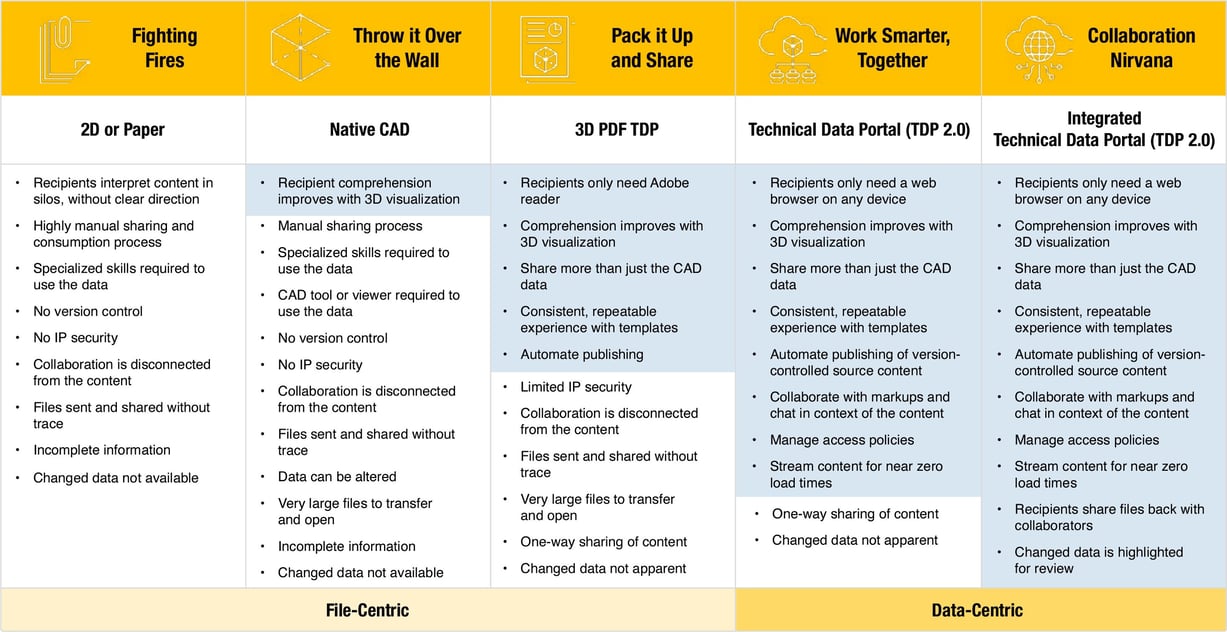By Doug Halliday
Imagine yourself in an industry where once vital tribal knowledge of how products are envisioned, designed, engineered, and manufactured is changing so fast you wonder if you can keep-up. Imagine an industry where real threats of being displaced and almost forgotten is a daily reality.
 Imagine your competitors being able to succeed at incorporation of radical and often still evolving ways in which your products are used. What was once a proven commodity is now becoming a platform for advanced technology at an even faster pace than was imaginable just a few short years ago.
Imagine your competitors being able to succeed at incorporation of radical and often still evolving ways in which your products are used. What was once a proven commodity is now becoming a platform for advanced technology at an even faster pace than was imaginable just a few short years ago.
In your industry, autonomous operation is soon to become the norm. Rather than relying upon complex mechanical systems for operation, propulsion is now managed by smart electronic systems. Manufacturing and assembly are transformed by the elimination of traditional drivetrain solutions, offering significant savings, if you can get it right. And it isn’t just the OEMs. Supply chains in some cases are experiencing even more radical change, as trusted sources are being replaced with companies that were never part of the industry.
If you can imagine such a world, you might well be an Automotive Industry executive.
No Place for the Faint of Heart
Automotive leaders will tell you that the industry has long been a centerpiece for complexity due to high levels of on-board technology, high volume manufacturing, a mix of fashion and performance requiring near flawless operation, excellent safety, outstanding quality, reliability, and regulatory requirements that differ dramatically worldwide. They will also tell you that each new product launch is a “bet-the-company” proposition. That has never been truer than with the advent of electric and autonomous vehicles.
Let’s Investigate the EV, AV Transformational Challenge
Fortunately, Automotive Industry leaders understand the challenges facing them and the importance of ensuring solutions that represent cross-functional and interdisciplinary viewpoints. The enormity of the transformation to EVs and AVs would not be possible without dramatic changes to the way business is conducted. No longer is it acceptable to write off inefficient collaboration as the cost of doing business.
The transformation of business operations to true cross-functional collaboration is a business imperative. By combining model-based technical data with modern collaboration tools it is also within reach. Technical data collaboration portals are helping companies across the industry keep up with the new pace of change because they support any type of data, including complex technical data that drives automotive innovation. Leading automotive firms are realizing that outmoded solutions based solely upon file exchange are fraught with challenges because they perpetuate the myth that they represent “a single source of the truth”. These specialized tools are not accessible by everyone who needs them, and nearly all communication related to the data being exchanged takes place outside of these solutions.
Stop Fighting Fires and Connect Everyone to the Information They Need
This transformational challenge raises questions. Is it possible that technical content created by specialists for use by other specialists can represents anything other than an obstacle to non-specialists? Is it possible to securely, and easily, share all necessary technical content created in these environments with non-specialists? Wouldn't you rather avoid inviting non-specialists, partners and suppliers into your secure IP repository? If you would like to answer "Yes!" to any of those questions, you are not alone. This is exactly what many leading firms are doing today by connecting everyone to the digital thread of information and expertise they need to improve performance.
There is a simple, effective way to measure the impact of technical data collaboration strategies. It is called the Technical Data Collaboration Maturity Model. Let’s look at how automotive firms are applying it to assess how they are really doing to unite business domains within broad, inter-disciplinary procedures like new product development.

Learn more about the maturity model, typical paths companies take to improving technical data collaboration, and how getting started may be easier than you think.


